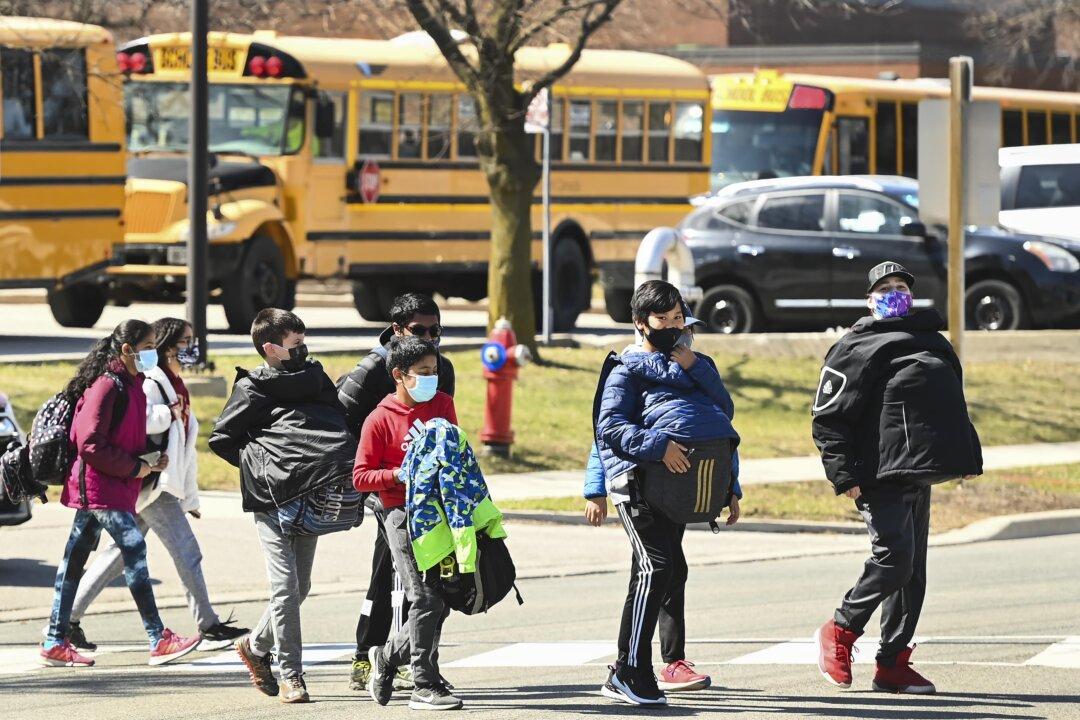New Brunswick Premier Blaine Higgs’s update to the province’s revised education gender policy lines up with a recent poll indicating that 57 percent of Canadians think schools should have to inform parents if their child is experiencing gender dysphoria.
A national poll, conducted by Leger on behalf of think tank SecondStreet.org and released on May 11, found that three in five adults surveyed agreed that parents must be involved if their child discusses changing their gender pronouns or “transitioning” at school.





